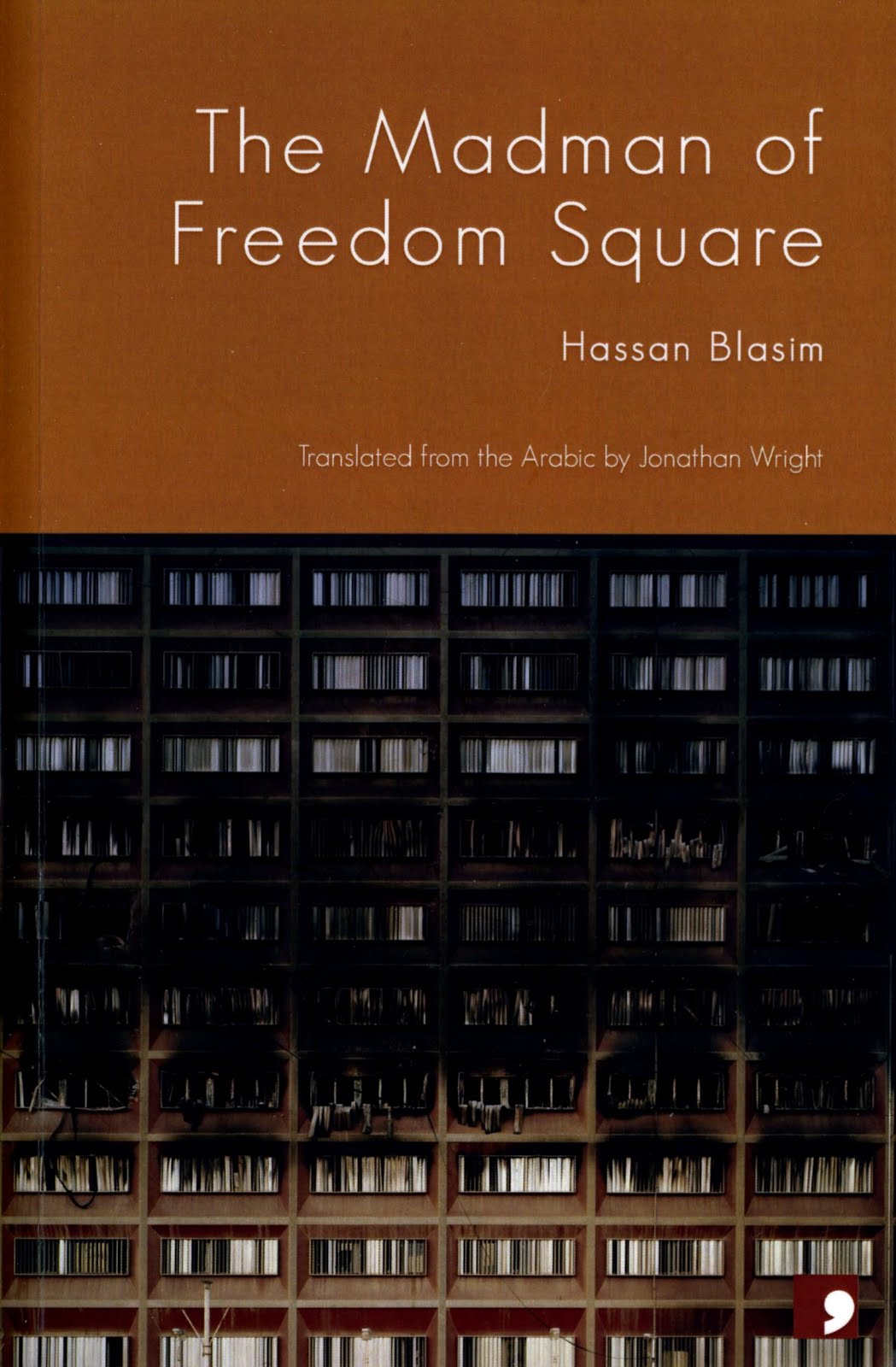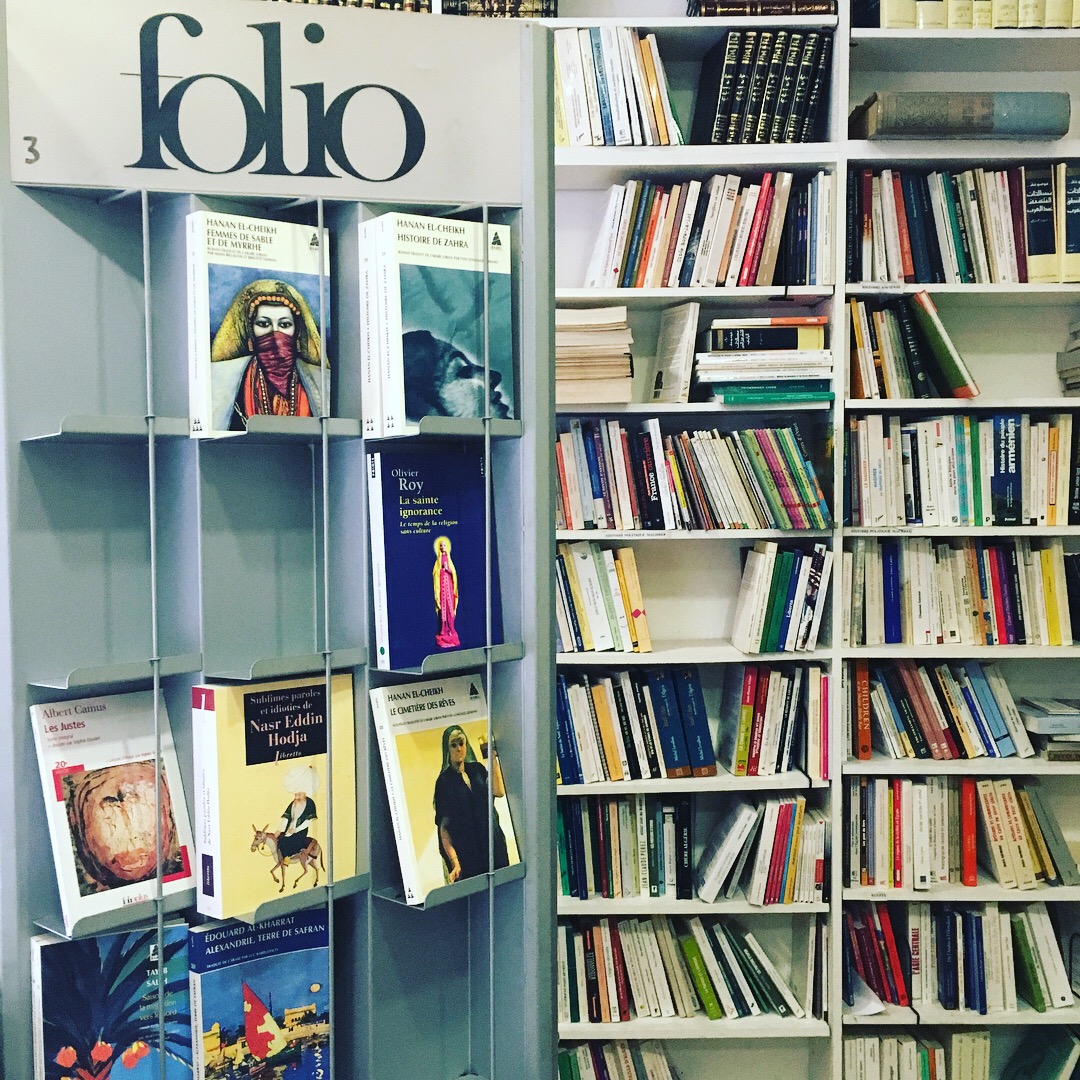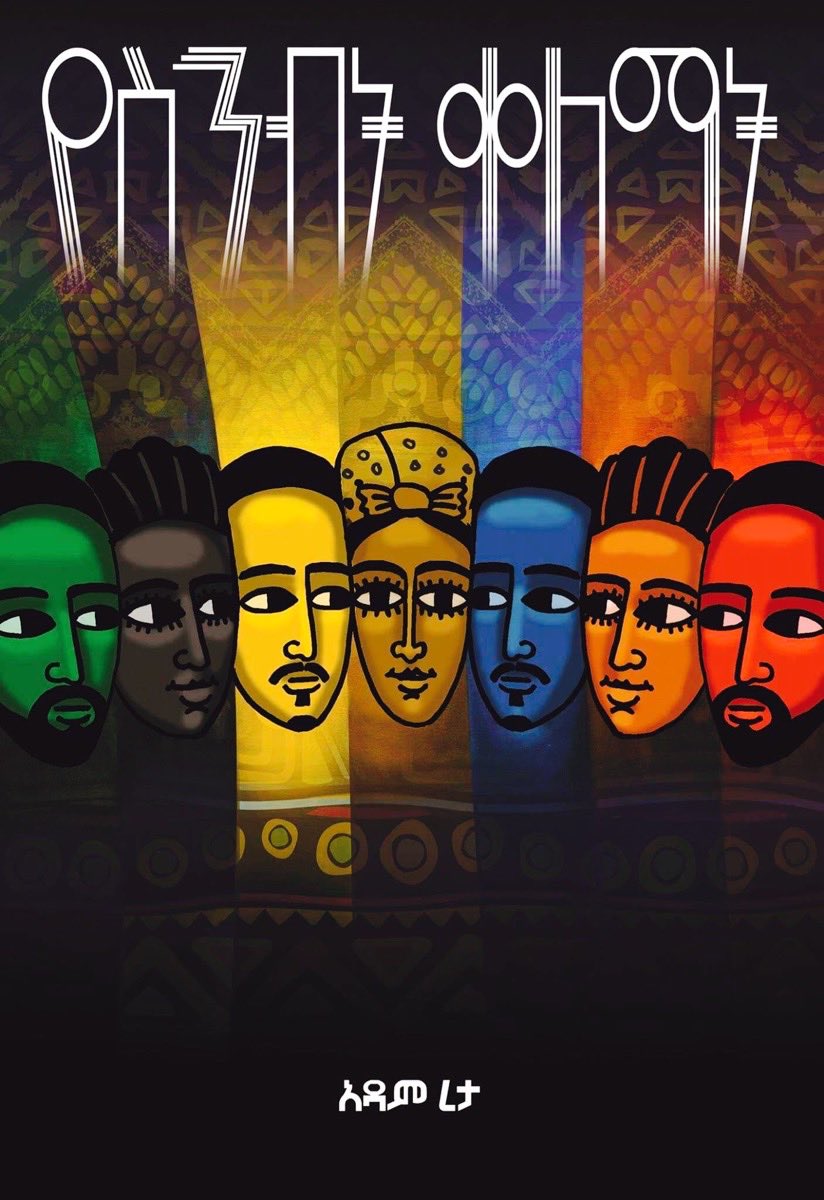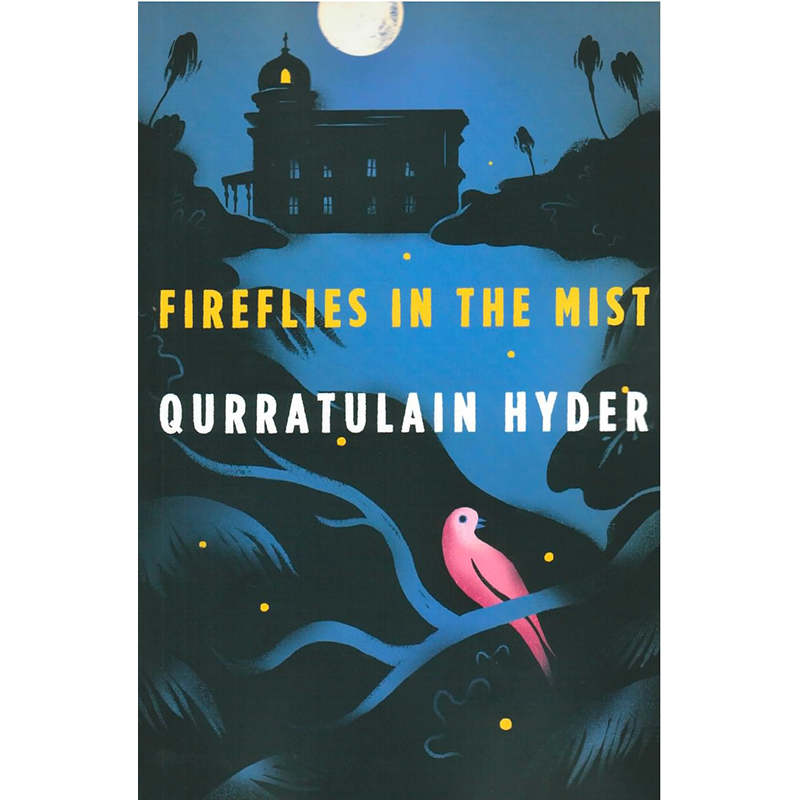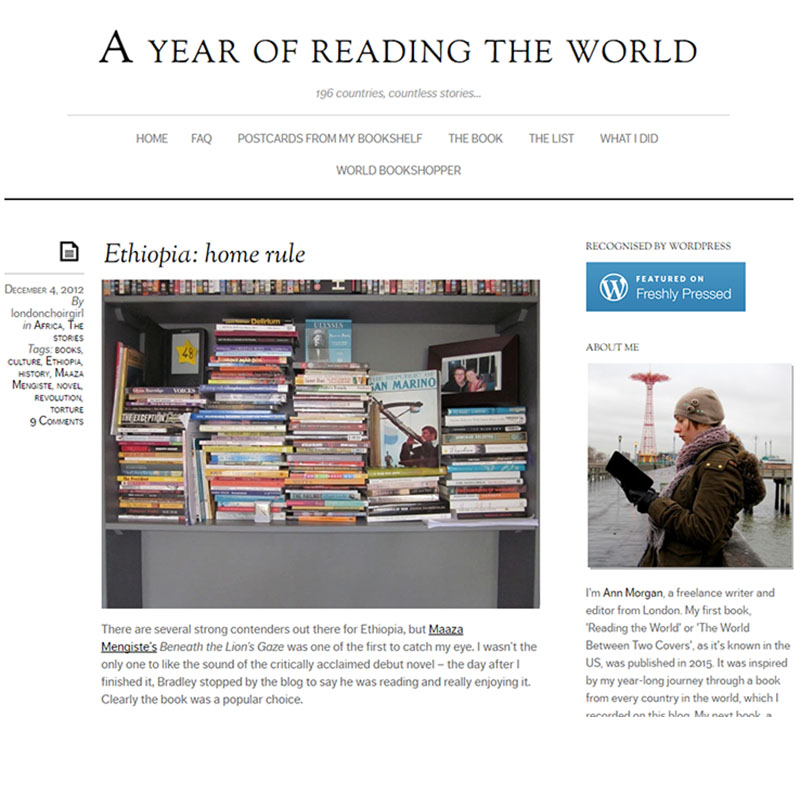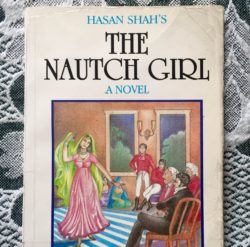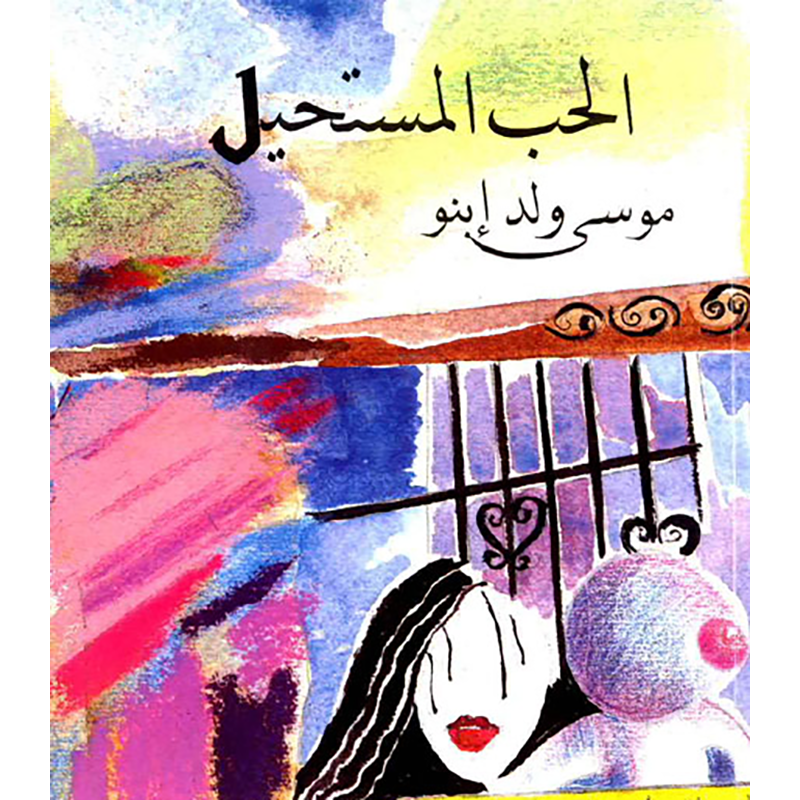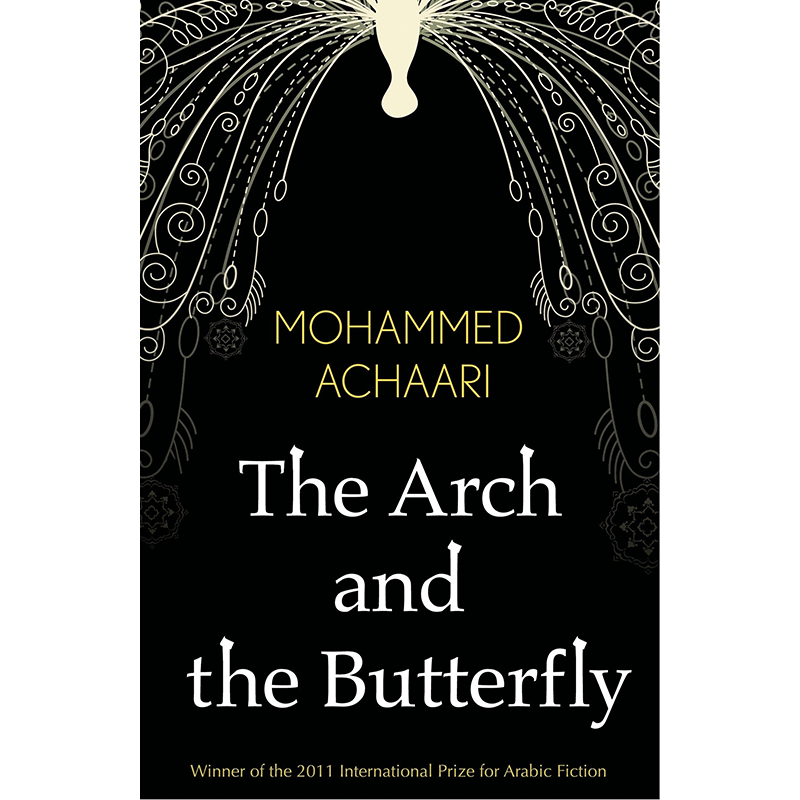MULOSIGE seeks texts with aesthetic value and literary significance, with the understanding that World Literature is much more than a means to ‘represent’ a language or culture to a Western audience. These can be literary texts in any of MULOSIGE’s target languages, critical studies that inform our understanding of literature, or English renderings of primary texts which we hope will reach a wider audience.
Hassan Blasim’s Refugee Narratives: Travelling Between Fact and Fiction
As ‘kan ya makan’ implies, Blasim’s stories are and they are not: they impress upon readers the porous boundaries between fact and fiction, particularly at a juncture when tales of migration are gaining political and literary attention
Exploring Arabic Literature in Paris
Paris seems to come up again and again in Arabic literature. Considering its history, and the presence of a large Arabic-speaking diaspora in France, it is perhaps unsurprising that Paris is an incredible destination for readers of Arabic
Farewell has colors: Adam Reta’s “Colors of Adios”
In his latest Amharic novel, the Ethiopian writer Adam Reta uses the metaphor of light prisms and colours to describe how couples, histories and nations part, mix and combine
Entangled Histories: Qurratulain Hyder’s Fireflies in the Mist
When does a book become part of world literature? When it is translated into a major language, published by a metropolitan publisher and endorsed by renowned writers? So why has Qurratulain Hyder’s novel failed to register?
Why do we read so few translations?
Statistics show that only between 3 - 5% of literary books published in the UK are translations. Ann Morgan in A Year of Reading the World writes about the difficulty in finding out about and getting hold of translations, even in the age of global publishing.
Qurratulain Hyder’s The Nautch Girl: A doubly multilingual text
What happens when a text from 17th century India passes through a double translation over the next two centuries? Qurratulain Hyder's translation of Hasan Shah's The Nautch Girl reveals some of the changes that occur when texts move across time and space.
Al-hubb Al-mustaheel / L’amour impossible: Love in a Time of Artificial Wombs
Most Mauritanian fiction seems almost obsessively ethnographic but Moussa Ould Ibno breaks away from this trend and uses Science Fiction to comment on ethical questions of reproductive technology and love.
The Arch and The Butterfly by Mohammed Achaari
The Arch and the Butterfly represents a fine example of the maturity of the contemporary Moroccan novel, both in its aesthetics and its politics. It is a beautifully written novel that was recognised for the mastery of its craft in 2011 when it was awarded the International Arabic Booker Prize.


